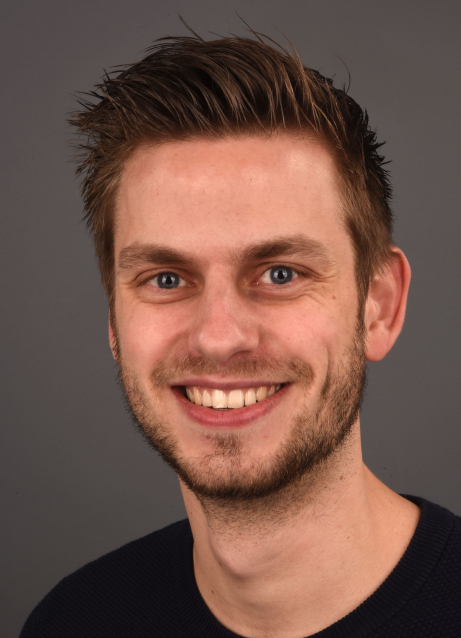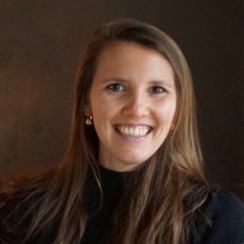NWO Rubicon grant for two UM researchers
Two UM researchers have each received a Rubicon grant from NWO, the Dutch Research Council. The NWO grant gives young and highly promising researchers the opportunity to gain international research experience. NWO is acting in line with the government measures to tackle the coronavirus. This means that both UM scientists will only start their research abroad when the situation is safe for them.
Research on ticks and loss of balance
- Dr Stepan Denisov (CARIM) will use his grant for a 2-year stay at the University of Oxford (UK), where he will conduct research on ticks. Ticks may be unpleasant parasites, but we can learn quite a few tricks from them, particularly on how to intervene in our immune system. In this project, Denisov will try to modify tick proteins for the treatment of life-threatening hyperinflammation.
- Dr Chris McCrum (NUTRIM) will be at the KU Leuven in Belgium for 16 months to study brain response to sudden loss of balance. Falls are a significant societal problem. Understanding the brain’s response to imbalance may lead to improved interventions among people at risk. McCrum uses mobile brain imaging when he confronts people with and without Parkinson’s disease with balance and cognitive challenges while they are walking.
Rubicon grants
Each year, NWO awards the Rubicon grant to 60 young researchers. It offers researchers the opportunity to conduct research at a foreign institute. The size of the grant depends on the chosen destination and the length of stay (max. 24 months). The Rubicon programme is named after the river which Julius Caesar crossed following a series of military victories, which prompted his famous declaration: ‘Veni, vidi, vici’.

Last week, three FHML-research teams received a maximum of 750,000 euros from the programme ZonMw Open Competition.
Also read
-
Patients admitted to hospital due to a severe COVID-19 infection exhibit no evidence of brain damage caused by the disease. This is the conclusion of an extensive study led by Maastricht University.
-
Due to the Western lifestyle with a high fat diet combined with little exercise, more and more people in the Netherlands are overweight or even obese. This causes an increased risk of type II diabetes. What can be done about this besides a healthier lifestyle? The answer comes from an unexpected...
-
Survivors of colon cancer often have symptoms associated with the cancer or treatment for years after treatment, such as fatigue and tingling in fingers and feet. This has a great impact on the perceived quality of life. Whereas current lifestyle advice is mainly aimed at prevention of (colon)...


